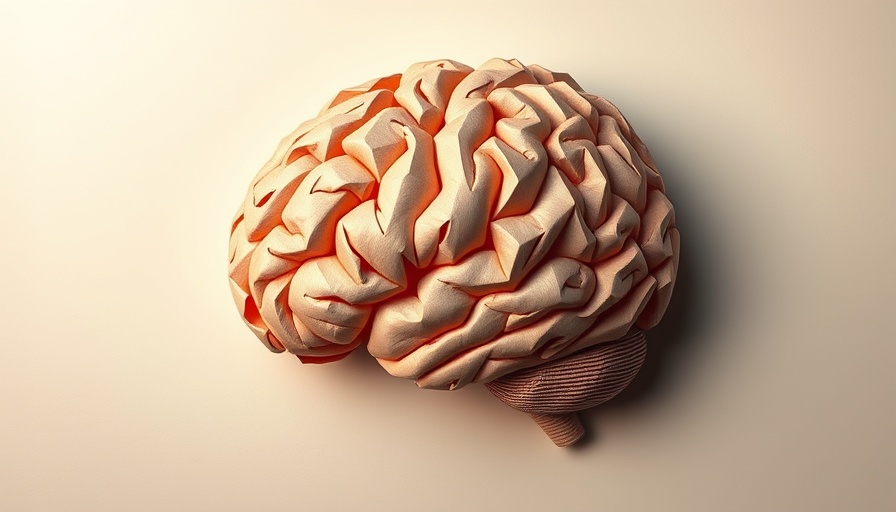
The Science Behind Intelligence and Brain Function
Recent research highlights a compelling connection between brain functionality and intelligence. The study involving 281 participants utilized advanced brain scans to identify that individuals with higher IQs exhibit more stable interactions between various brain regions. This concept adds a layer of complexity to the ongoing scientific debate surrounding intelligence; is it a result of efficiency or superior connectivity?
Understanding Brain Integration Within Intelligence
The findings illustrate that it's not merely about having 'smarter' brain regions, but rather how those regions work in concert. Higher intelligence correlates with a remarkable level of high integration across brain modules dedicated to different functions—vision, emotion, decision-making, attention, and more. As Dr. Kirsten Hilger, primary researcher of the study, suggests, "Processes of controlled attention—such as the ability to focus on a task—are pivotal to overall intelligence." These insights are particularly pertinent for educators and mental health professionals, emphasizing the importance of cultivating environments that develop this integration in students, particularly those facing learning challenges or mental health problems.
The Role of Attention in Mental Health
In a world increasingly characterized by distractions, maintaining focus has never been more challenging—especially affecting youth and those battling anxiety disorders, depression, and stress management issues. Attention regulation, which this study connects to intelligence, serves as a protective mechanism against maladaptive networks within the brain. This is especially crucial for affected individuals seeking effective coping strategies.
Strategies for Enhancing Attention and Integration
As we move forward, it becomes critical to implement strategies that support cognitive health and attention management. Techniques such as mindfulness, cognitive behavioral therapy, and relaxation exercises can foster better cognitive integration, thereby potentially enhancing intelligence. Furthermore, promoting mental health awareness and encouraging self-care practices can play a role in improving mental resilience, especially in those suffering from conditions like social anxiety, panic attacks, and generalized anxiety disorder.
Building Resilience and Emotional Intelligence Through Education
Educational frameworks should look beyond traditional academic performance metrics. Schools can play a pivotal role in developing resilience and emotional intelligence through programs focused on mental health education, peer support, and family involvement. This approach might help students engage better with their learning and develop essential life skills, thus supporting their mental well-being.
Potential Policy Implications for Mental Health
From a policy standpoint, recognizing the relationship between cognitive function and mental health can have far-reaching implications. It emphasizes the necessity for accessible mental health services, early intervention programs, and community outreach initiatives that address mental health education in schools. Mental health policies must adapt to this understanding, incorporating frameworks that focus on holistic approaches to therapy and support.
Conclusion: A Call for Holistic Mental Health Approaches
With the studies indicating that brain integration may underlie intelligence and attention, it's essential to foster environments that nurture these attributes. This extends to our educational systems, mental health policies, and community support mechanisms. By acknowledging the deep-seated connections between mental health and cognitive functions, we can better equip ourselves to foster resilience and intelligence in future generations, supporting them through economic stresses and the complexities of modern life.
 Add Row
Add Row  Add
Add 




Write A Comment